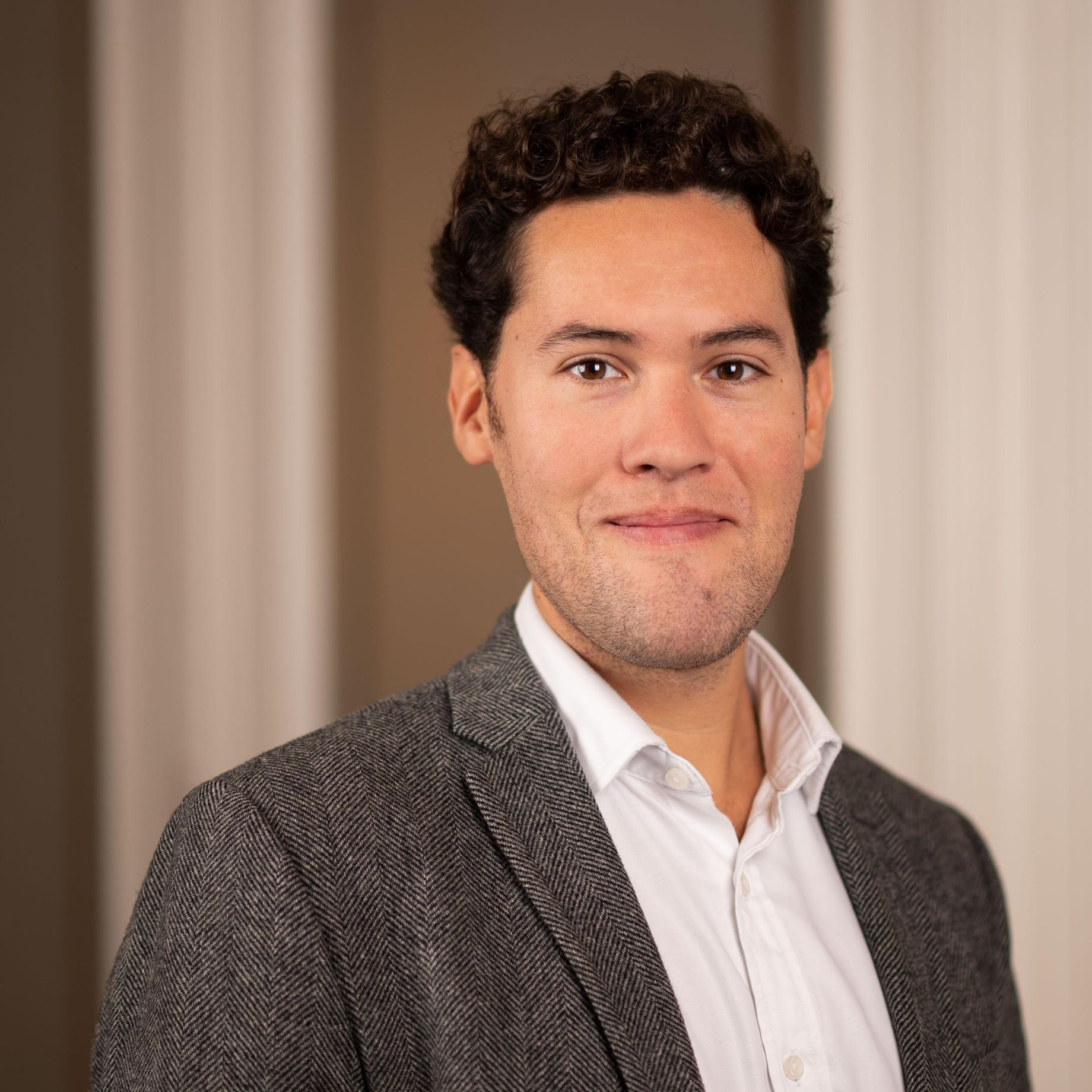Citizens of Nowhere? The Revocation of Citizenship of Foreign Fighters and its Impact on Democracy and the Rule of Law
European states have recently adopted innovative and controversial counter-terrorism laws that allow for the revocation of citizenship of ‘foreign terrorist fighters’ who have participated in the armed conflict in Syria and Iraq. In response, legal scholars have argued that the revocation the citizenship of foreign terrorist fighters could increase the probability of unmonitored returns of dangerous individuals, preclude the prosecution of terrorist crimes, and result in violations of international human rights law. The research project investigates the rapidly evolving issue of citizenship revocation of foreign terrorist fighters from the perspective of democracy, constitutionalism, and the rule of law. It consists of a comparative and interdisciplinary analysis of the law and practice of citizenship revocation of foreign terrorist fighters in various EU Member States. The main research question that the research addresses is: What is the legal, political, and social impact of the revocation of citizenship of ‘foreign terrorist fighters’ on democracy and the rule of law in Europe? The research explores avenues to build consensus on how to characterise and resolve the vexed legal, moral, and political conundrums surrounding the revocation of citizenship of foreign terrorist fighters within the boundaries of the rule of law.




